Applied Research Fields
- Computer Sciences
- Ethics (Except Ethics Related to Specific Subfields)
Award Details
- Funding Source: Qatar Research, Development and Innovation
- Awarded to: Hamad Bin Khalifa University
- Program: National Priorities Research Program
- Project Number: NPRP13S-0206-200273
- Award Start Date: March 15, 2021
- Award End Date: September 15, 2023
- Status: Closed
Abstract
The fast deployment of sensors, actuators, and smart objects in Internet of Things (IoTs) allows for the creation of new smart services through a fine-grained data acquisition process. These smart services, apart from their various reported benefits, open up the potential for abuse and pose privacy risks. For instance, personal intimate data can be used by anti-social elements without the informed consent of the individuals for malicious purposes—with users not even knowing about the presence and capabilities of deployed smart devices and what data related to them is being captured.
In addition, many of the IoT smart services leverage Machine Learning (ML) techniques (for tasks such as voice/speech recognition; face recognition; crime prediction). Unfortunately, such ML models have been shown to be vulnerable to adversarial examples, which are carefully crafted examples that have been created to fool an ML model.
The purpose of this project is to address the urgent need of the times to carefully evaluate and address the security and privacy risks of ML-driven IoTs for smart services before the wide adoption of the technology and to propose pro-social responsible solutions for ML-driven IoTs.
Publications
- Blockchain-based recommender systems: Applications, challenges, and future opportunities (Journal Paper)
- Tamp-X: Attacking explainable natural language classifiers through tampered activations (Journal Paper)
- Toward accountable human-centered AI: rationale and promising directions (Journal Paper)
- Challenges and Countermeasures for Adversarial Attacks on Deep Reinforcement Learning (Journal Paper)
- Smart Cities from the Perspective of Systems (Journal Paper)
- Towards secure, private, and trustworthy human-centric embedded machine learning (Journal Paper)
- Privacy-preserving artificial intelligence in healthcare: Techniques and applications (Journal Paper)
- Explainable, trustworthy, and ethical machine learning for healthcare (Journal Paper)
- A Study of XXE Attacks Prevention Using XML Parser Configuration (Conference Paper)
- Mobility Analytics of Fans during the 2021 FIFA Arab Cup™ Football Tournament (Journal Paper)
- Bluetooth-Based Vehicle Counting: Bridging the Gap to Ground-Truth With Machine Learning (Journal Paper)
- Developing future human-centered smart cities: Critical analysis of smart city solutions (Journal Paper)
Team
- Dr. Fethi Filali: Principal Investigator (PI)
- Prof. Ala Al-Fuqaha: Lead Principal Investigator (Lead PI)
- Prof. Mohammed Ghaly: Principal Investigator (PI)
- Prof. Junaid Qadir: Principal Investigator (PI)
- Dr. Elias Bou-Harb: Principal Investigator (PI)
- Dr. Muhammad Zubair: Principal Investigator (PI)
Collaborations
- Qatar University (Qatar)
- University of Texas at San Antonio (United States)
- Information Technology University (Pakistan)
